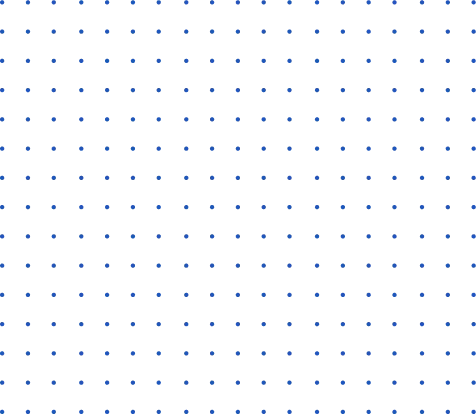Microcredit was developed in the 1970s, this accomplishment is attributed to Muhammad Yunus, a Bangladeshi economist and entrepreneur, who founded the microfinance organization known as ‘Grameen Bank’. His efforts earned him the Nobel Prize in 2006, and he is recognized as the pioneer of banking for the impoverished. He is nicknamed the ‘banker of the poor’.
Tool in fight against precariousness, the microcredit has allowed the impoverished to have access to improved living conditions by creating their own income-generating business.
Launched for the first time in Algerian 1999, the microcredit has allowed the creation of more than 150.000 activities in different sectors.
It has not seen, in its original formula, the desired success by government due to lack of support in the early phase of maturing and monitoring in project achievement.
This finding was noted during the international seminar held in December 2002 on the ‘microcredit experience in Algeria’.
The recommendations made during this reunion of microcredit experts have led to the creation of a specialized institution called ‘National Agency for Microcredit Management’, created by the executive decree number 04-14 of 22nd January 2004.
Since 1999, Algeria has adopted microcredit as a tool to help fight poverty. However, five years later, a new structure granting micro loans, which is called: the National Agency of Microcredit Management had to be created as another public structure for the economic inclusion of people without access to banking services. Thus, the authorities have shown their willingness and determination to fight poverty.
The international seminar, held in December 2002 with the theme ‘Experience of Micro Credit in Algeria’, confirmed a number of constraints, of these the most significant include:
It is in the light of the findings of this seminar, and those from the International Poverty Conference held in 2000, that the ‘microcredit program – ANGEM’ was created.
The birth of the National Agency of Microcredit Management in 2004, is part of the national strategy to fight poverty and insecurity. It came to compensate the identified shortcomings and meet the following imperatives:






ANGEM has been created in a very favourable economic and social environment. Since 1999, annual growth rates are around 5%, medium- and long-term external debt is significantly decreasing, and the current account is in surplus. National programs are being launched in various areas such as: housing, health, education, agriculture, fishing, public works, … etc.
In the same vein, the state has implemented ambitious strategies and projects in order to improve the performances of programs for reduction of unemployment and poverty in rural and urban areas, in the highlands and the far south. These programs aim to propel the employment in these regions and to give a boost to this process of wealth creation and value added.
The National Agency for the Management of Microcredit is a specific body placed under the supervision of the Minister of Knowledge Economy, Start-ups, and Micro-Enterprises.